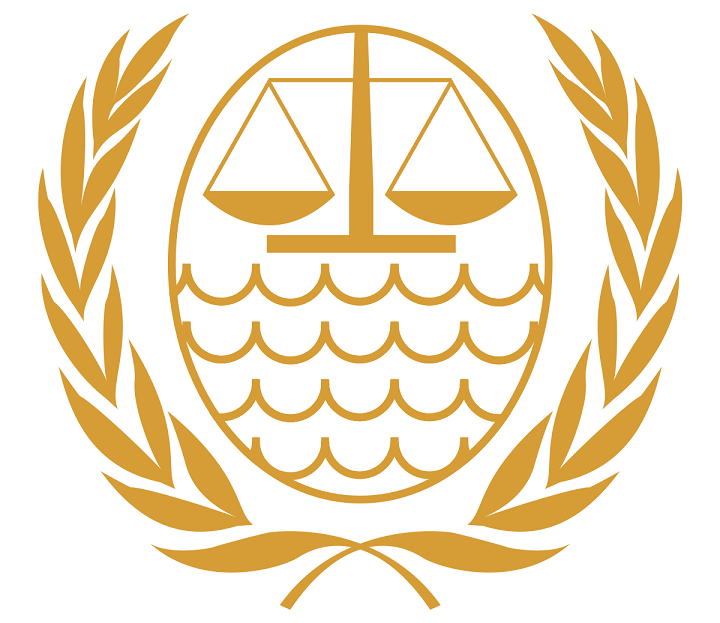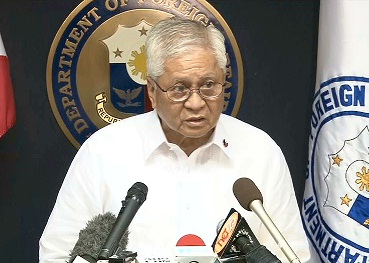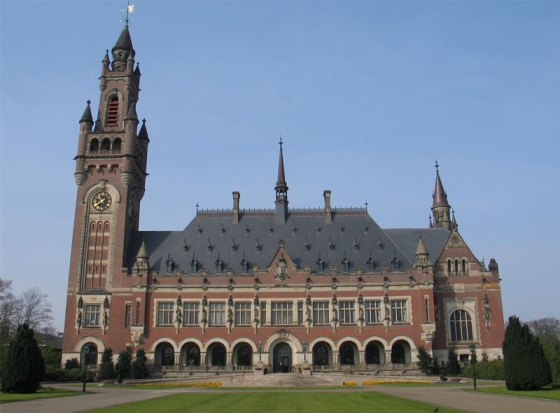
Will China have its cake and eat it too at the International Tribunal on the Law of the Sea (ITLOS)?
International law watchers have this question in mind as they look to next week’s 30th meeting of state parties to the UN Convention on the Law of the Sea (UNCLOS).
At the meeting, 167 states parties are set to elect seven new judges to a new three-year term in theHamburg-based International Tribunal of the Law of the Sea.
China – which has vilified the tribunal for constituting in 2013 an arbitral court that heard a successful suit filed by the Philippines over the Chinese Nine Dash Line-claim in the South China Sea –is fielding a candidate, its current ambassador to Hungary, Jielong Duan.
Nine other nominees
Aside from Duan, the other nominees are David J. Attard (Malta), Kathy-Ann Brown (Jamaica), Ida Caracciolo (Italy), Maria Teresa Caffi Infante (Chile), Maurice K. Kamga (Cameroon),Maryikan Kulyk (Ukraine),Carlos Alberto Prates Mata (Uruguay), Rodrigo Fernandes More (Brazil), and Happias Zhou (Zimbabwe).
The UNCLOS meeting, slated from June 15 to June 19, promises to mirror, or even exceed, the intense diplomatic maneuverings that characterized the elections for Director General ofthe World Intellectual Property Office (WIPO)in early March this year.
At the WIPO elections, Daren Tang,head of Singapore’s Intellectual Property Office, handily won against the Chinese nominee, Wang Binyin, in an electoral contest framed by the United States as crucial to the very integrity of the WIPO.
Foreign Affairs Secretary Teodoro Locsin Jr. would subsequently reveal on his twitter account that despite “intense Western pressure,” he voted for the Chinese nominee to the WIPO, reasoning that a “friend in need is (a) friend indeed.”
Retorsion against irony
The sheer irony to the Chinese campaign to win a seat in the ITLOS is not lost on Jonathan G. Odom, a professor of international law at the George C. Marshall European Center for Security Studies in Germany.
In a blogpost for Lawfare, Professor Odom said China, a state party to the UNCLOS, not only rejected the South China Sea arbitral proceedings won by the Philippines but even “equated the legally binding judicial ruling to garbage.”
In addition, in the last four years since the Permanent Court of Arbitration handed down its ruling, China has carried out activities in the South China Sea that directly undermines it.
Odom says the ITLOS elections next week is an opportunity for the international community“to show its support for the international rules-based order and demonstrate its objection to a member who has disregarded it.”
The American professor, who is also a US naval judge advocate, goes as far as saying that voting against the Chinese nominee to the ITLOS is a valid act of “retorsion”, defined as an “unfriendly conduct which is not inconsistent with any international obligation of the State engaging in it even though it may be a response to an internationally wrongful act.”
Anyway, he also notes that Duan does not seem to have the professional background that would qualify him to serve as a judge of the ITLOS.
Under the compulsory dispute mechanism provided in Section 3, ANNEX VII of the UNCLOS, it was the ITLOS that constituted the five-member panel that heard the Philippine case against China. It was also the ITLOS that appointed the PCA as the registry for the case.
State obligations
I would hazard to add that under the law on state responsibility, states not party to the dispute in question have an obligation to respect the territorial integrity and sovereign rights of the Philippines; they are legally bound to refuse to recognize the Chinese Nine-Dash Line as lawful, such claim having already been declared inconsistent with China’s own obligations under the Law of the Sea.
Other states are also duty-bound to refrain from recognizing or entering into any agreements with China for the unlawful exploitation of natural resources in the Philippine EEZ and the Continental Shelf.
Finally, there is also the positive duty on the part of all states to cooperate to put a stop to such unlawful acts.
Even non-parties to the UNCLOS are bound by such an obligation, it being erga omnes in nature, or one binding on all states, being one that arises from a peremptory norm.
Thus, states parties to the UNCLOS voting for the Chinese nominees are sending the message that illegal acts are rewarded, and the rules-based maritime order on which the Law of the Sea is based does not really matter.
The Philippine case against China had been filed and litigated by the Philippine government under President Benigno Aquino IIIYet, under his successor, Mr. Rodrigo Roa Duterte, the Philippines has been caught in a difficult bind.
With a China-friendly President swinging wildly in favor of a supposedly independent foreign policy, the country appears to have abandoned the gains of its successful arbitration suit.
And so perhaps, the bigger question nowis,if Secretary Locsin is sending a Philippine delegation to the 30th meeting of the state parties of the UNCLOS, has he instructed them to vote as well for a “friend in need”?
Well, that’s like serving China a bite of the proverbial forbidden cake.
*Romel Regalado Bagares, an alumnus ofthe University of the Philippines College of Law and the Vrije Universiteit Amsterdam, teaches public international law at Lyceum Philippines University College of Law.He also serves on the Board of the Philippine Society of International Law.





